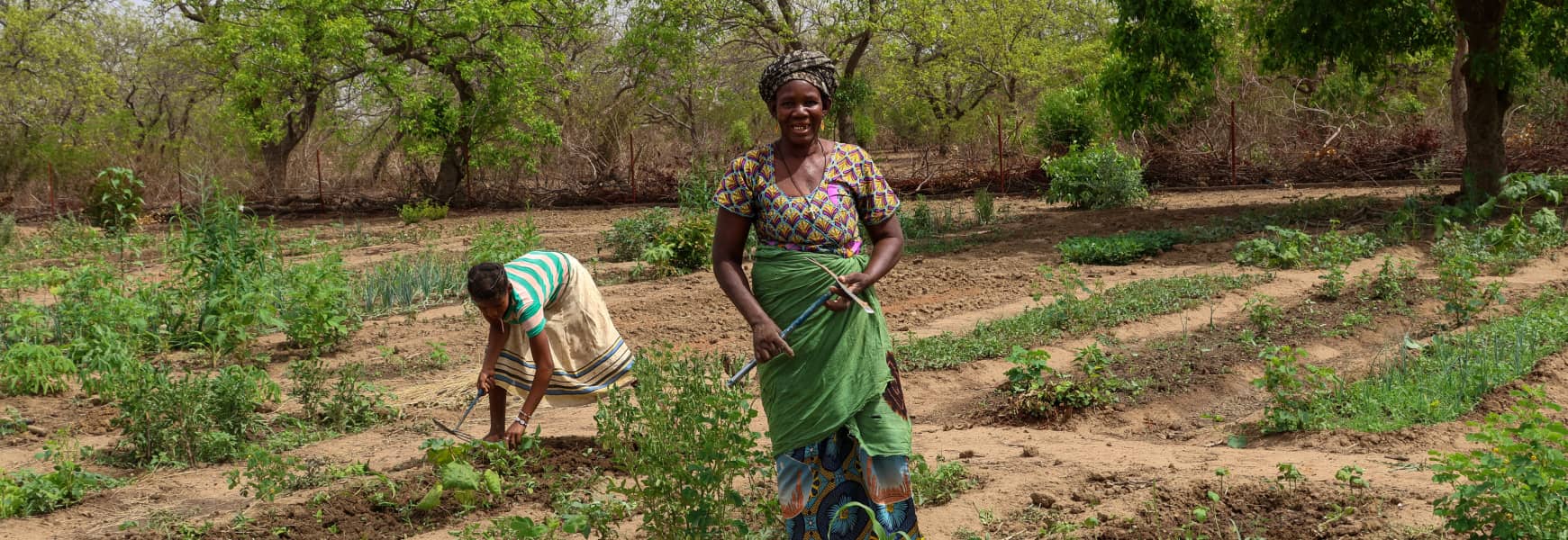Partner Impact: Sahel Eco Empowering Farmers and Driving Agroecology in Mali
In 2024, our partner Sahel Eco helped drive a farmer-led transition to agroecology in Mali across the Ségou region. Working closely with local communities, they supported efforts to restore degraded land, strengthen food sovereignty, create spaces for women to lead powerful initiatives, and offer young people tangible, hopeful alternatives for a more secure future.
The Sahelian context
The Sahel is one of the poorest regions of the world. Stretching across Burkina Faso, Chad, Mali, Mauritania, and Niger, it faces the complex and overlapping challenges of severe food insecurity, extreme poverty, desertification, violence, and worsening drought and flooding due to climate change. The World Food Program reports that 53% of the population depends on farming and pastoralism, approximately 13% of the land is degraded, and 8.7 million people were estimated to be food insecure in 2021. Meanwhile, child malnutrition and school drop-out rates remain among the highest in the world.
Mali sits at the heart of this belt. With 22 million inhabitants and one of the lowest Human Development Index scores globally (188 of 193), the country endures both insecurity and poverty. Over half the population depends on farming or herding, but roughly one-eighth of Mali’s farmland is already degraded, and water shortages are common. In this context, adapting farming practices to climate change is essential to help Mali and its neighboring countries face these crises sustainably.
Agroecology in Mali: a farmer-led solution to face overlapping crises
Despite the pressure, the Sahel still holds promise: untapped groundwater, abundant sun and wind, and a young population eager to build secure livelihoods. With agroecology, farmers can revive soils, capture rainfall, and diversify crops—strategies that reduce hunger, cushion families against climate shocks, and relieve the tensions that arise when pasture or water run short. Because solutions are designed and managed locally, they spread even where government services and international aid are thin and markets are fragmented. Community-driven agroecology equips farmers in Mali with resources to protect their land today while guiding the Sahel toward a more stable future.
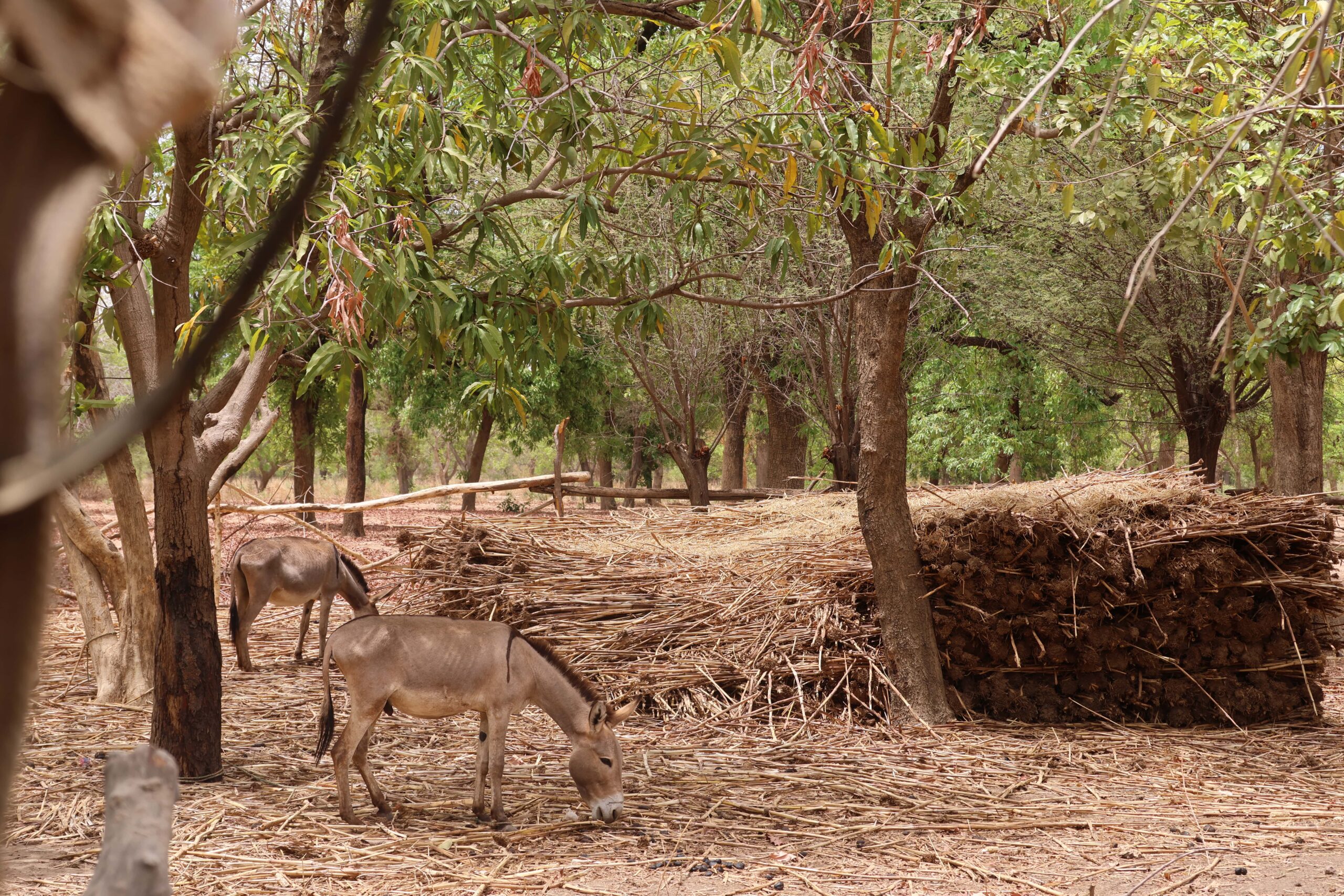
The NGO Sahel Eco was founded in 2004 to help answer these challenges in Mali in the Mopti and Ségou regions. Sahel Eco runs various agroecological projects to support reforestation and re-greening efforts, and encourage farmer-to-farmer knowledge exchanges and skill building. They have greatly influenced the policies and practices of both government and peer agencies to promote Farmer-Managed Natural Regeneration (FMNR) within a broader regional “re-greening movement.” They also support the development of local warrantages (grain reserves) and savings and credit groups, which provide financial resources for community-led agriculture. In 2023, Sahel Eco began participating in rainwater management projects to help farmers adapt to low and erratic rainfall patterns in the Sahel.
Farmer-led transformation at scale
In 2024, Sahel Eco trained over 1,100 farmers in soil and water conservation, reforestation, and organic fertilization methods. Together, they have been regenerating more than 1,274 hectares of land. Farmers adopted techniques like composting, stone bunds, zaï pits, and Farmer-Managed Natural Regeneration (FMNR) to revitalize degraded soils and retain precious water. To support knowledge-sharing, 150 farmer leaders were trained across 4 agroecological centers, creating a growing network of local experts.
Sahel Eco also launched a pilot project to harvest and store runoff water in lowland areas to support rice production—a promising step for improving food security in drought-prone areas.
Putting resources in women’s hands
In 2024, Sahel Eco established 13 new women’s savings and credit groups. These groups help women pool personal savings to fund resources for their communities and families. The groups saved over $6,950—a vital cushion enabling women to invest in seeds, tools, and small businesses. A new women-led vegetable garden was also launched, which welcomes displaced families from Burkina Faso. This unique initiative complements efforts to increase nutrition and income while contributing to peace-building efforts in the region.
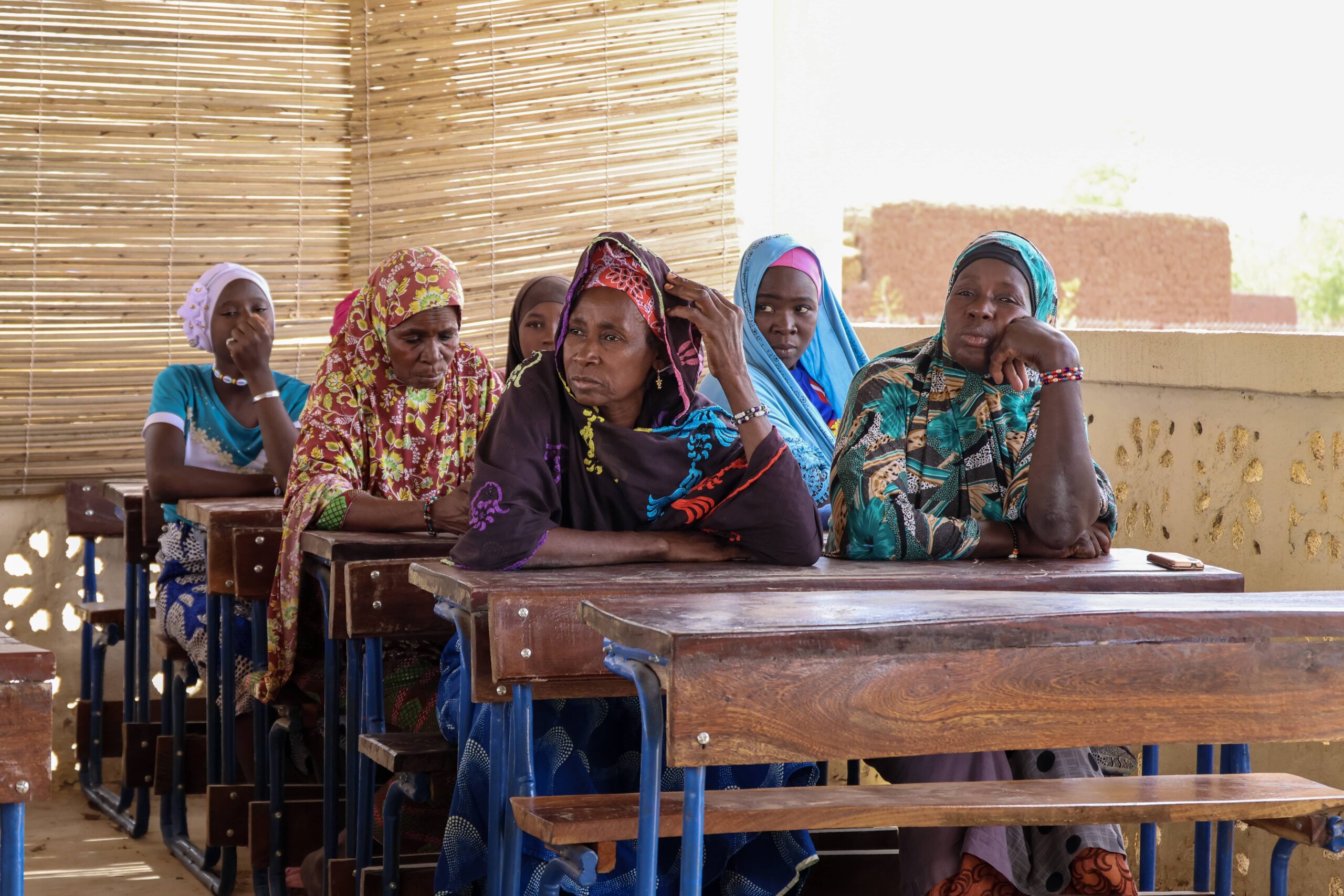
Young voices promoting agroecology in Mali
Through the Youth Storyteller Program, Sahel Eco trained 50 youth in video storytelling to document the transition to agroecology in their communities. Together, they created 28 original pieces, and shared 10 of them on local radio and WhatsApp groups. These stories help shift narratives, raising awareness about environmental challenges and grassroots solutions.
Growing income and food security
Poultry farming projects supported 50 households, generating over $1,500 in revenue. Sahel Eco helped farmers establish three new nutrition gardens, and existing gardens continued to supply families with nutritious vegetables like okra, cabbage, chili, and sweet potato.
Local government funds for local solutions
Sahel Eco collaborated with the municipal government to create a community fund to strengthen agroecology in Mali. Managed by a committee including youth and village leaders, six grants were distributed to support agriculture and poultry farming in the region.
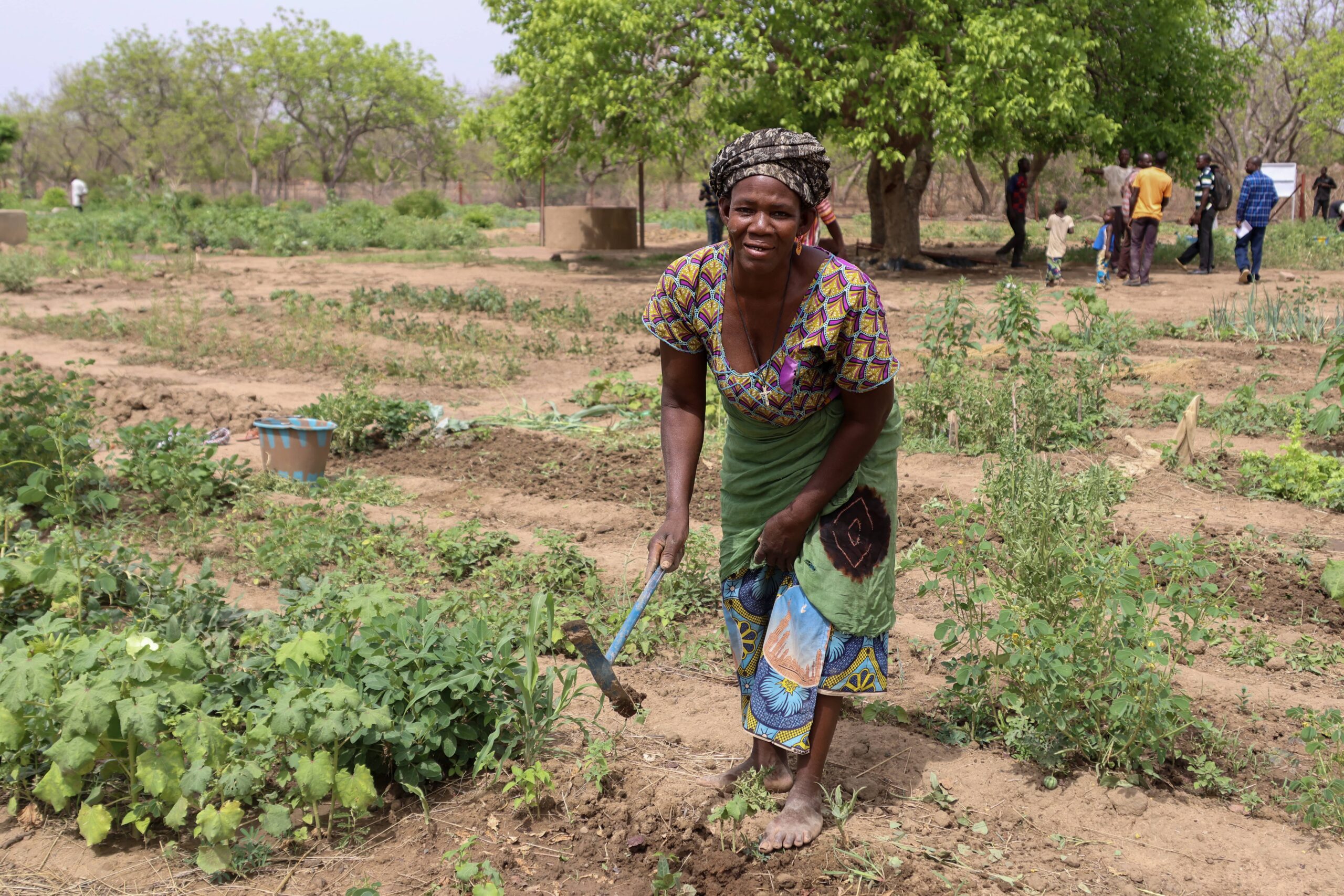
How these initiatives impact farmer well-being
Chief Gédéon Dakouo of Komina village is one of many farmers who have benefitted from Sahel Eco’s programs.
“In my youth, the land was fertile and covered with tall trees, but today, the landscape has changed and yields have considerably dropped due to soil degradation, drought, and the loss of trees. We can feel the impacts of climate change,” he shares. With training from Sahel Eco, Gédéon learned how to make compost, natural fertilizers, and pesticides, regenerate trees, and implement stone bunds and zaï pits to safeguard water. The results were transformative: “I went from one ton of grain per hectare to more than two.” This has enabled him to sell surplus millet and invest in his farm.
Thanks to the sale of surplus grains and livestock, he purchased a solar water pump, making it easier to irrigate his fruit orchard and garden. His nutrition has also improved: “The moringa and baobab leaves we grow in our garden have considerably improved my family’s food security.”
As a village chief, Gédéon’s commitment has inspired others. “I am now a model in my community and as a village chief, I have a direct impact on my people. What I do is replicated by others, improving agricultural production throughout the entire village.”
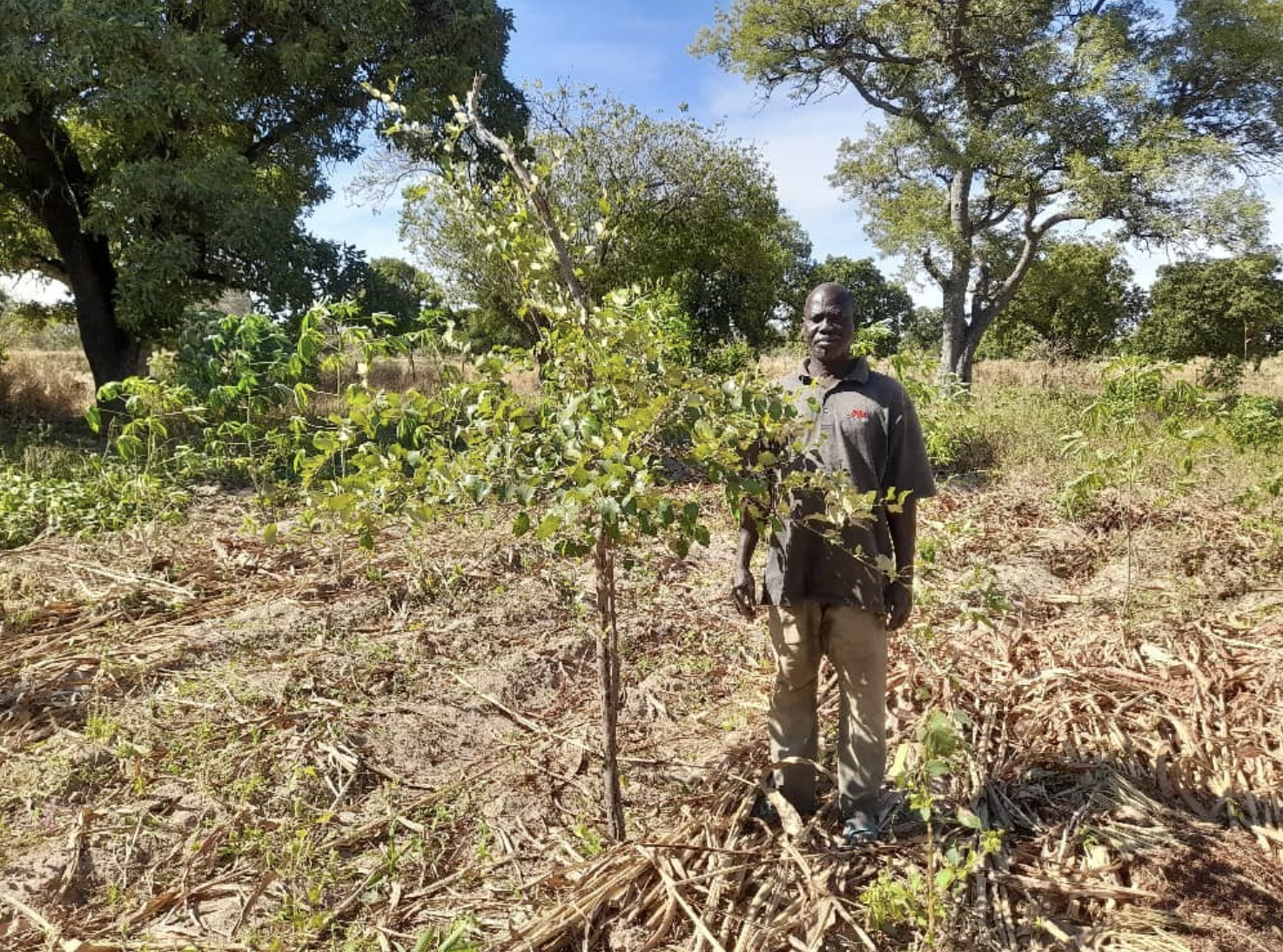
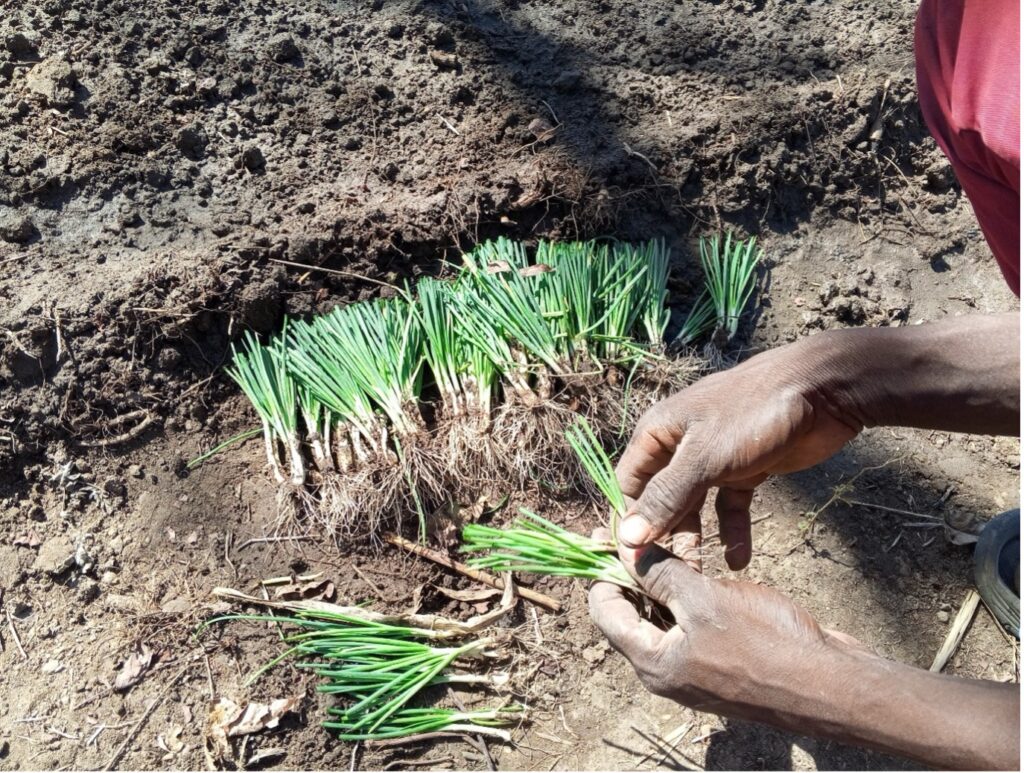
Gédéon dreams of turning Komina into a model village and a living classroom for the region. He shares, “I am preparing my children to carry this work forward. (…) My dream is for Komina to become a model for all of Mandiakuy, and why not for all of the Tominian circle?”
With your support, these dreams are becoming reality. Sahel Eco’s work shows that agroecology and farmer-led solutions can regenerate land, restore food systems, and inspire younger generations to protect their futures in Mali and beyond.
“I am now a model in my community and as a village chief, I have a direct impact on my people. What I do is replicated by others, improving agricultural production throughout the entire village.”
Gédéon Dakouo, Mali
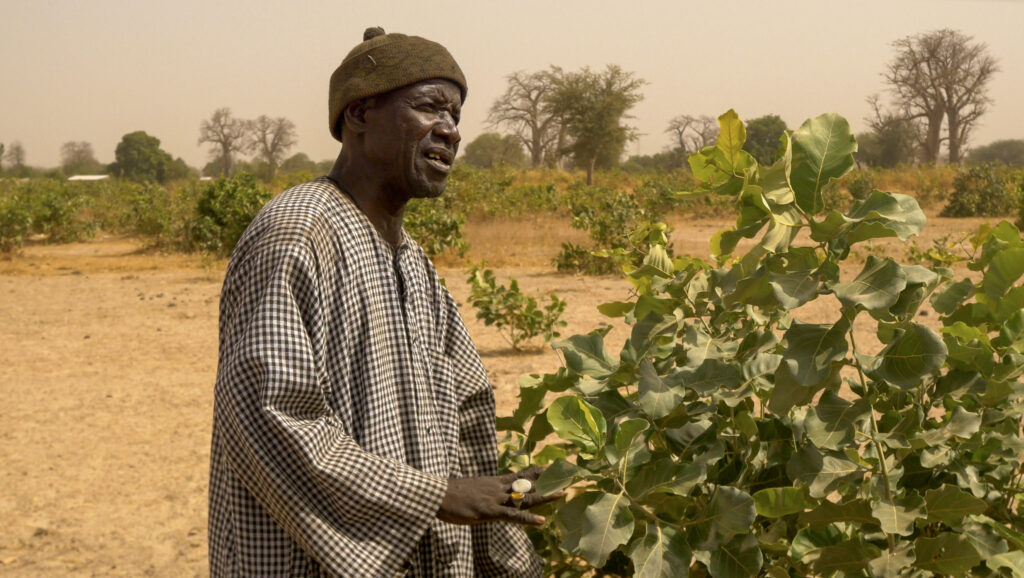
Invest in rural communities to spread real solutions
Your gift will directly impact smallholder farmers in the Global South and strengthen their capacity to build regenerative and equitable food and farming systems, safeguarding future generations’ rights to a fulfilling life.

